Why Drinking Water at Night Could Be Wrecking Your Sleep
We all know staying hydrated is important, but guzzling water right before bed is a different story. Your well-intentioned bedtime sip might be doing more harm than good when it comes to quality sleep. Here’s why.
Nighttime Bathroom Runs Are Disruptive
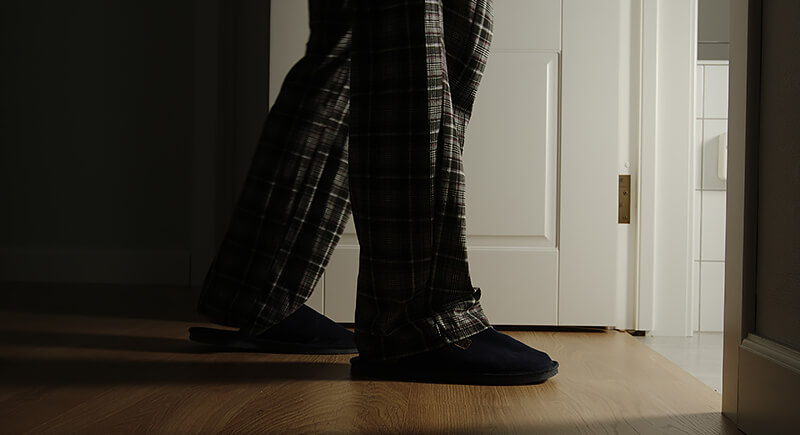
Credit: iStockphoto
That late-night bathroom trip breaks REM or deep sleep, which is when the body repairs itself. According to the Sleep Foundation, even short interruptions can reduce sleep efficiency. The more you wake, the harder it is to get back into a restorative sleep cycle.
Nocturia Is More Common Than You’d Think
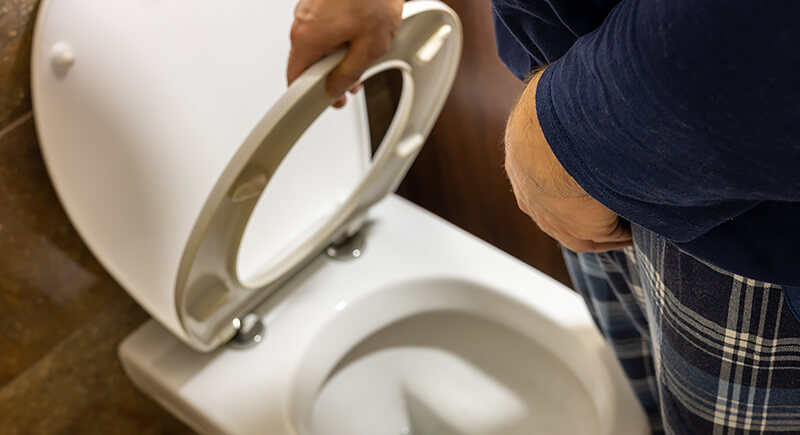
Credit: iStockphoto
Nocturia, the need to wake up during the night to urinate, affects millions of people, especially those over 50. Even younger adults can experience it if they drink too much water close to bedtime. Once it begins, it can easily become a routine by training your bladder to wake you even when your body needs rest.
Overhydration Can Confuse the Body’s Natural Rhythm
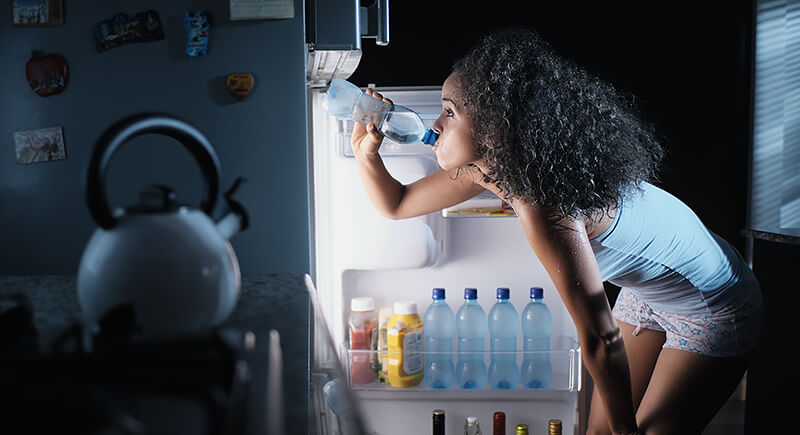
Credit: iStockphoto
The body is wired to slow down waste production at night. It’s part of the circadian rhythm, so adding more fluid to your system before bed overrides that function. Instead of winding down, your kidneys ramp up. Your body wants sleep; your bladder wants attention. Guess who wins.
Interrupted Sleep Affects Heart Health
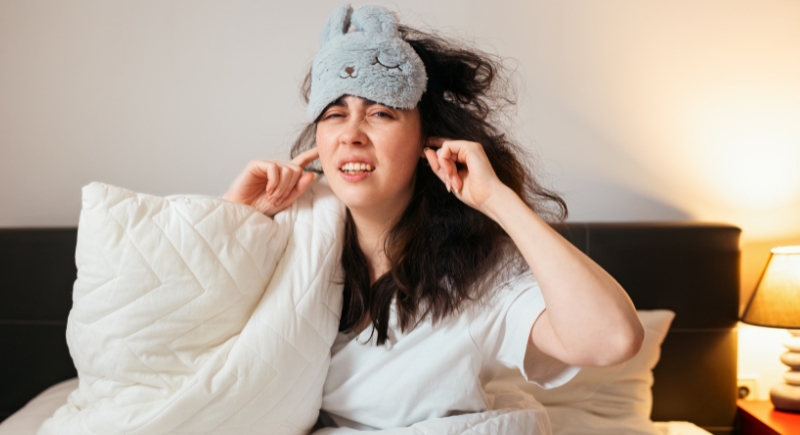
Credit: Canva
Multiple studies connect sleep deprivation with cardiovascular problems. One 2019 study linked six-hour sleep nights with increased risk of heart attack and stroke. If a midnight bathroom break causes full wakefulness, your heart pays the price over time.
Older Adults Face Bigger Risks
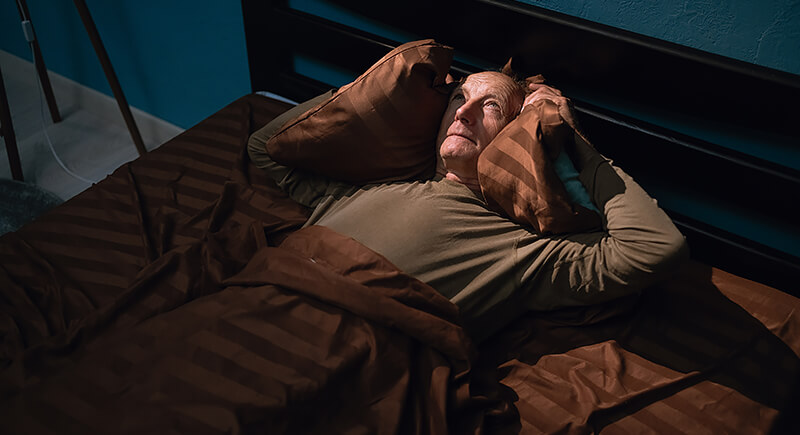
Credit: iStockphoto
For seniors, getting up in the dark increases the chance of falls, especially when drowsiness and balance issues are in play. According to the CDC, one in four Americans aged 65+ falls each year, and many of those accidents happen at night.
Late-Night Liquids Can Wake Up Everyone Else Too
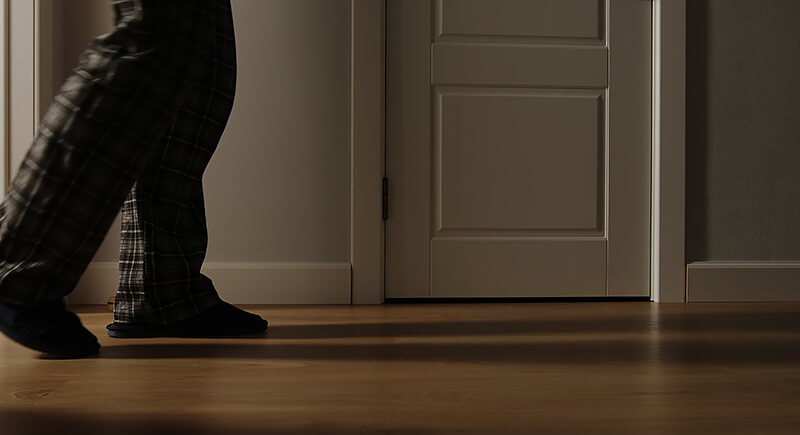
Credit: iStockphoto
That quick bathroom break might not feel like a big deal, but creaky floorboards, flipped-on lights, and slamming doors say otherwise. If you’ve got a light sleeper, a baby, or a nosy pet, your 2 a.m. walk turns into a full-house wake-up call.
Sleep Loss Affects Mood and Memory
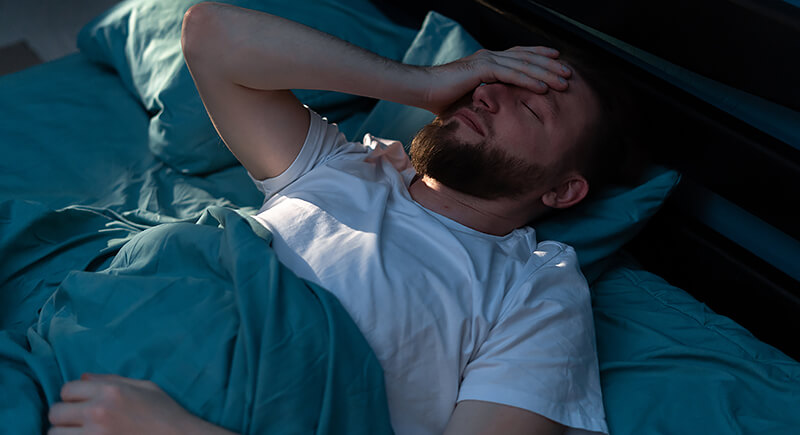
Credit: iStockphoto
Even brief awakenings disrupt the brain’s processing time. That foggy feeling after a bad night’s sleep is real. Research shows memory consolidation and emotional regulation take place during uninterrupted sleep. So if you’re frequently waking to pee, you’re also robbing your brain of essential recovery work.
Some Medications Add to the Problem
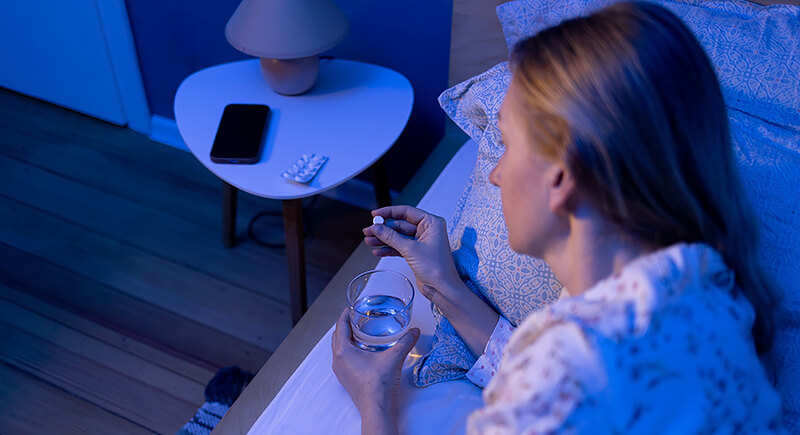
Credit: iStockphoto
Water isn’t the only culprit. If you take blood pressure meds or diuretics in the evening, your bladder gets even more stimulation. These meds encourage more production, so piling on fluids makes it worse. Talk to your doctor about timing if this applies.
Parched Throats Aren’t Always a Sign of Dehydration
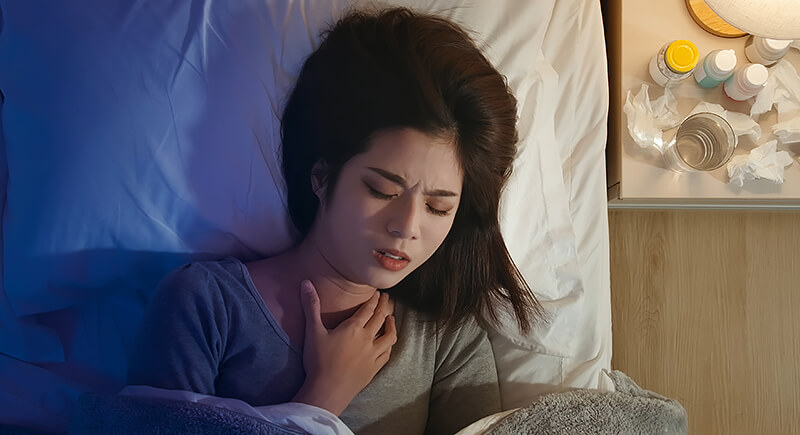
Credit: iStockphoto
Some people keep a water bottle at their bedside because their throat feels dry. However, that sensation doesn’t always mean you need water. It could be dry air, mouth breathing, or just habit. Adding a humidifier or sipping earlier in the evening can help without waking you up later.
Poor Sleep Weakens the Immune System
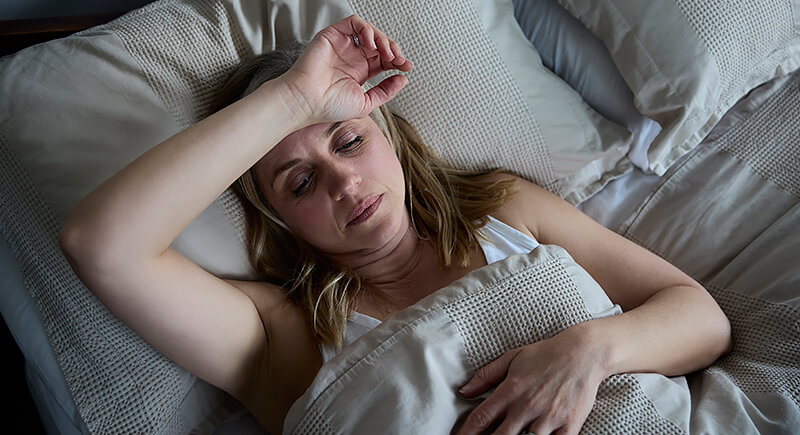
Credit: iStockphoto
If water disrupts your sleep long enough, your body’s ability to fight illness can take a hit. Research shows that consistent sleep loss lowers immune function and leaves you more vulnerable to colds, infections, and general fatigue. Ironically, drinking to stay “healthy” at night might end up doing the opposite.
Stress and Overthinking Often Follow Wake-Ups
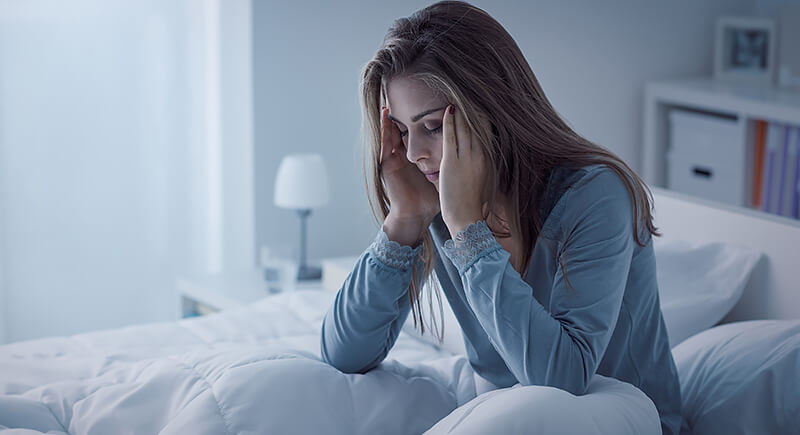
Credit: iStockphoto
It’s rarely just a bathroom break. Waking at 3 a.m. can lead to checking the clock, spiraling thoughts, or scrolling through the phone. One small interruption can open the floodgates to anxiety and make it even harder to get back to sleep.
Water Weight Becomes A Norm
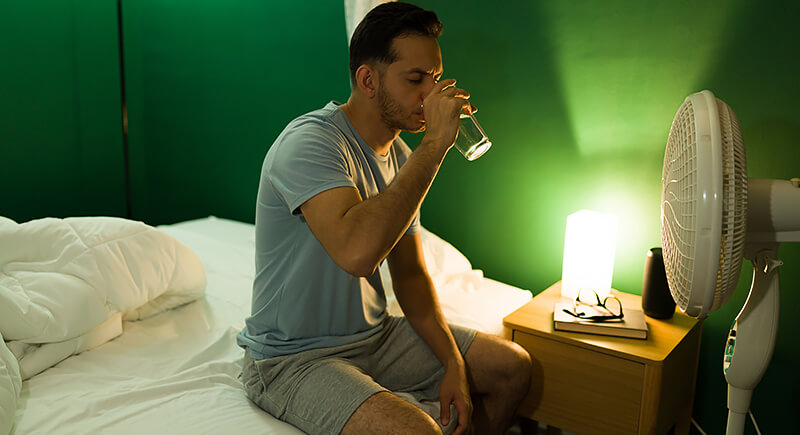
Credit: iStockphoto
Drinking water late can leave you feeling bloated or puffy when you wake up. Your kidneys haven’t processed it all, so it lingers. It’s not dangerous, but it’s not fun either—especially if you notice swelling in your hands, ankles, or under your eyes.
Some People Develop a Mental Dependence on It
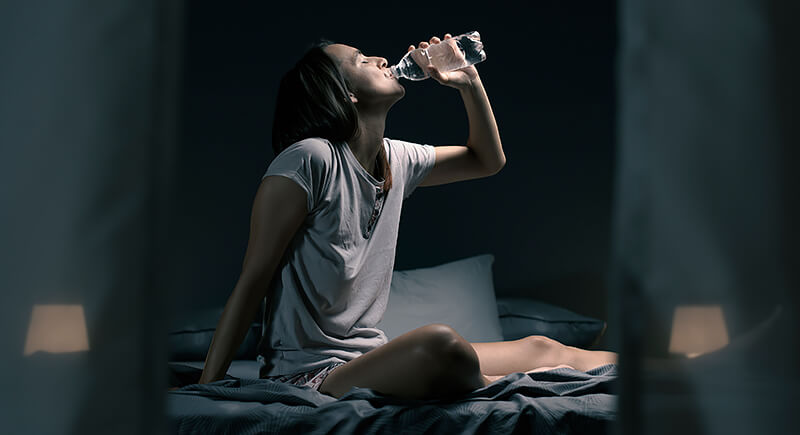
Credit: iStockphoto
Bringing a water bottle to bed every night can become a ritual you can’t skip—even when you’re not thirsty. That mental dependence can create anxiety if the bottle’s forgotten or empty, so your brain is slightly on edge instead of letting it settle into sleep mode.
It Can Trigger Overactive Dream Recall
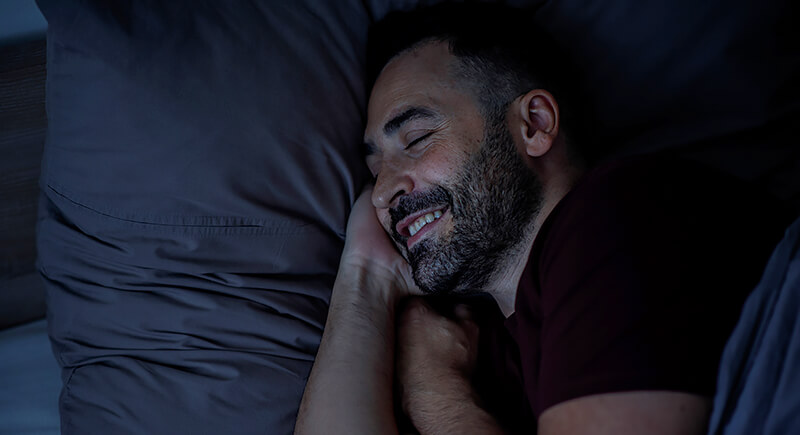
Credit: iStockphoto
Waking abruptly mid-sleep increases the odds of remembering dreams, especially vivid or unsettling ones. That’s fine occasionally, but too many intense dream recalls can make people anxious about sleep itself. If you’re waking up mid-cycle to pee, you’re giving your brain more chances to store and replay odd dream fragments.
You Could Be Masking Another Issue
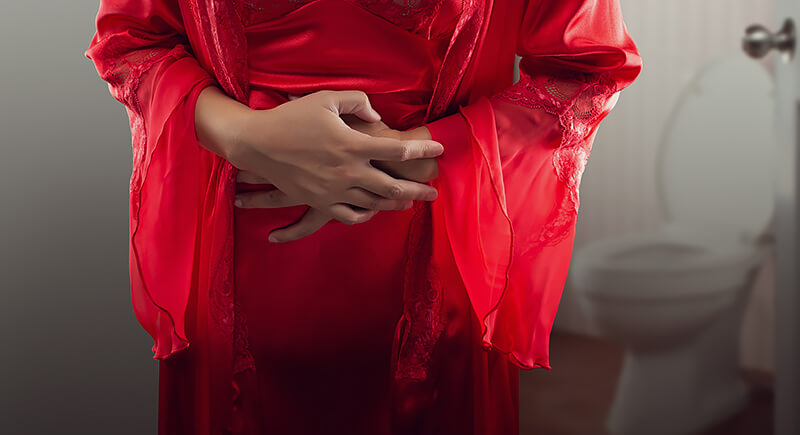
Credit: iStockphoto
Waking up to pee might also be caused by other issues like sleep apnea, diabetes, or other health conditions. The real cause may be harder to spot if you’re consistently overhydrated at night. Reducing late fluid intake helps rule out simple causes first.